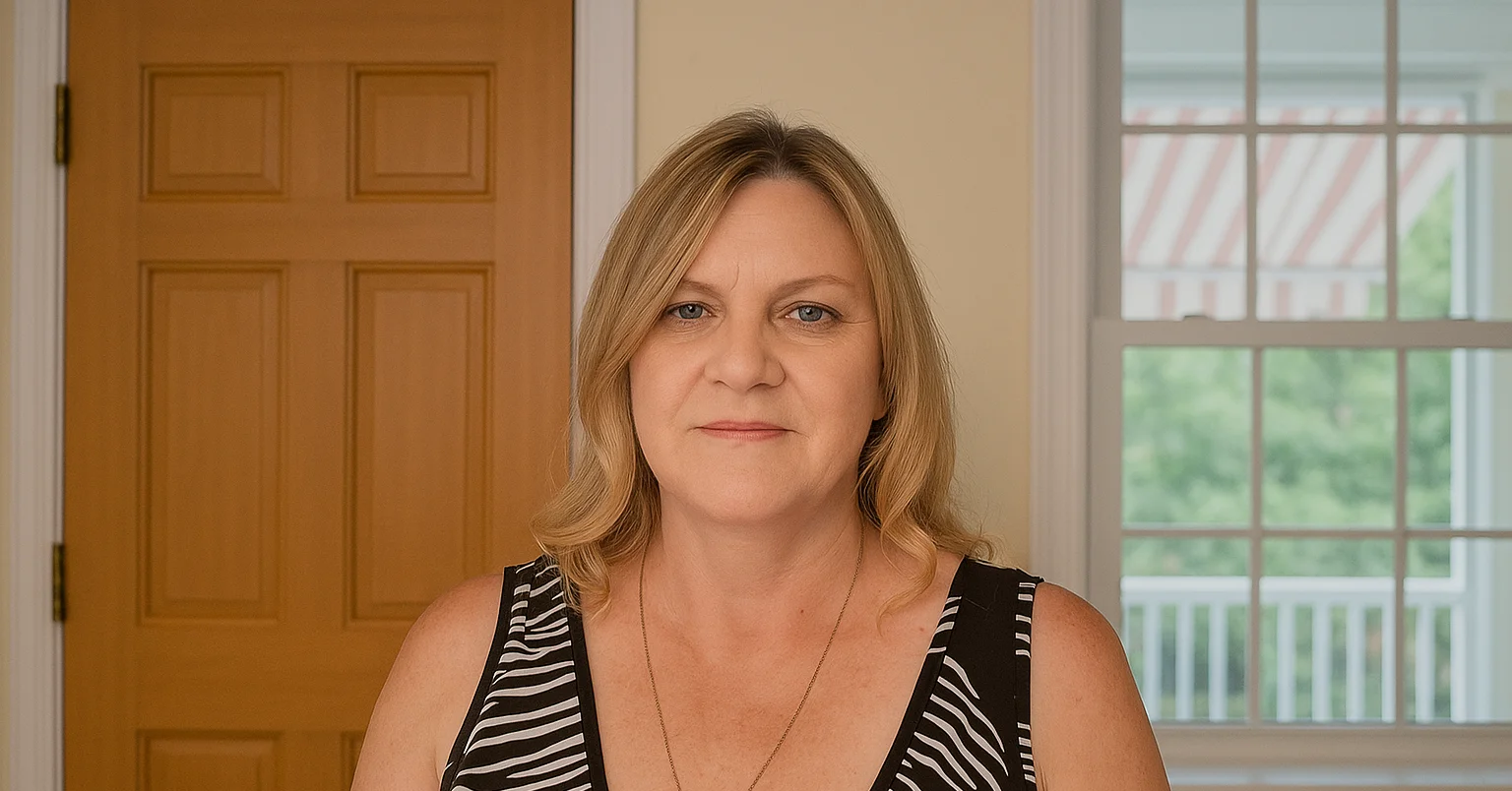Meet Lesley, a valued member of our team whose story is one of courage, honesty, and resilience. Having experienced a difficult period with her mental health, Lesley’s journey back to wellbeing and confidence reminds us that recovery is possible and that support, compassion, and connection truly make a difference.
As part of Mental Health Week, Lesley has kindly shared her personal experience in hopes of encouraging others who may be struggling

How did it feel to return to work after your time away?
It was overwhelming at first, especially after being off for a while, but coming back was the best thing I did. Some days are still hard, but being back gave me structure and purpose again.
What does recovery mean to you personally?
For me, recovery means being able to get up, shower, sort my hair, and go to the shop without hiding. It’s about doing normal things again, just being able to do life.
What were some of the first signs that made you realise you needed help?
I remember one day looking at my T-shirt and realising it had dinner stains from days before. I thought, “I’m stinking.” That’s when I knew something wasn’t right.
What helped you decide to reach out for support?
I knew I had to, and I feared what might happen. That was the moment I realised I couldn’t do it on my own.
What kind of support made the biggest difference for you?
Hayley, my friend and colleague, was amazing. When I couldn’t face people, she’d quietly leave food parcels at my door – pot noodles, water, snacks things that were easy for me and let me know she’d been. My community nurse gave me a safe space to talk, and myCare checked in with weekly calls. When I started to slip again, Jenny, my line manager, spotted it before I did and helped me access the Employee Assistance Programme. The counselling made a huge difference. It benefited me to be virtual rather than face-to-face.
Were the any small habits that helped you along the way?
Taking my medication every morning.
What was the most challenging part of your recovery?
Everything felt like a challenge at first. I didn’t want to get up, clean, or even look after my cat. I wanted to get better, and that’s what kept me going. I pushed myself.
How did your colleagues and workplace support you?
The phased return to work helped me a lot. When I started struggling again, Jenny reached out and asked, “Lesley, are you okay?” I thought about it and realised I was slipping. That conversation mattered. Sometimes you don’t realise how much you’re struggling until someone else notices.
What advice would you give to others supporting someone through a tough time?
Listen, really listen. Give them time to process what’s happening. Just being there can mean more than you know.
What myths about mental health or recovery would you like to challenge?
That it’s something to be ashamed of. It’s still not spoken about enough. Everyone’s recovery looks different – for me, it’s medication and routine; for others, it might be walking, swimming, or exercise. There’s no one-size-fits-all.
What does resilience look like for you now?
It’s about noticing the signs early and being open to talk about them. I used to shut my blinds, turn off my phone, but I like living on my own, working, and earning my wage, so I don’t need to rely on anyone. My work is a big part of it. I am now more open to speaking about it and have the desire to keep going.
If someone at work is struggling, what would you tell them?
Come and sit with me for a while. Talk to someone who knows how it feels, use the counselling service, it might not be for everyone, but it’s worth a try, and its free and confidential to use through work.
How has this experience changed the way you look at work and life?
I am just happier in myself now. I appreciate the small things, and I am proud of how far I’ve come.
What message would you like others to take away from your story?
It doesn’t matter how low you feel, or how much you think “what’s the point” – there is always a way back with the right support.





